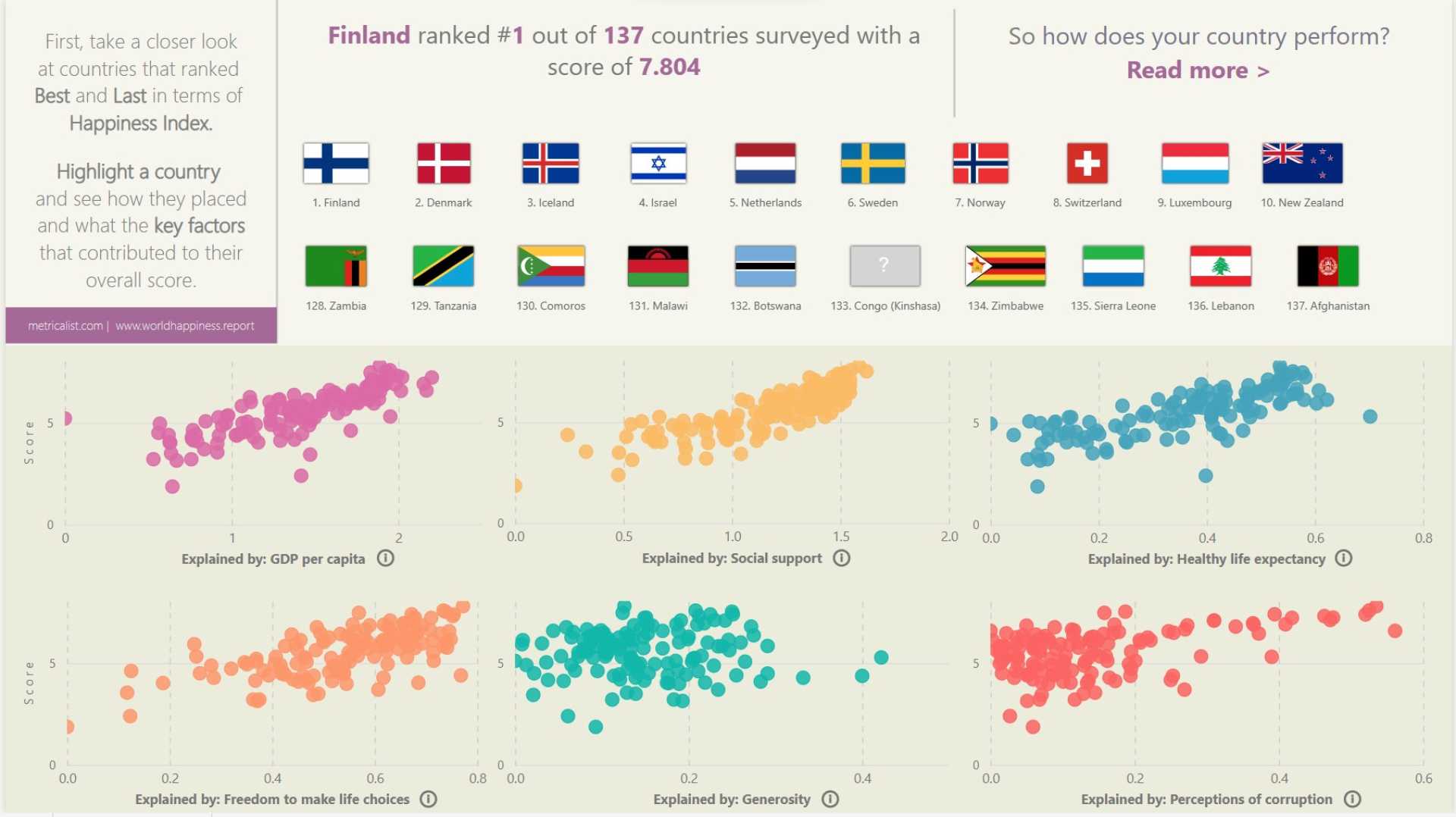News
Finland’s Happiness Streak: Eight Years at the Top

HELSINKI, Finland — Finland has topped the World Happiness charts for eight consecutive years, drawing comparisons to the Boston Celtics‘ unprecedented run of eight NBA Championships from 1959 to 1966. This remarkable achievement raises questions about what makes Finland so happy, even as some citizens express skepticism about the report’s methods.
The yearly World Happiness Report, produced by the University of Oxford in partnership with Gallup and the United Nations, ranks nations based on a single question: On a scale from zero to ten, how close is your life to the best possible life?
Frank Martela, a philosopher and professor, explained that many Finns find this assessment problematic. “People were going to the survey and trying to figure out, what is wrong with the survey?” he said. He believes this skepticism stems from the way happiness is defined and measured. “Did you experience joy today, or did you smile or laugh today?” he questioned, highlighting that the report focuses more on overall life satisfaction than fleeting moments of happiness.
Martela noted that the Finns’ sense of contentment is shaped by their societal structure. “The kind of society we have has been able to take care of the citizens relatively well,” he said. One significant example is Helsinki‘s Central Library, which offers services like video gaming spaces and 3D-printing facilities at no cost, serving as a “living meeting place” for the community.
According to Martela, the societal approach that emphasizes opportunity for all, regardless of financial status, contributes to this collective contentment. Tim Bird, a long-time U.K. immigrant to Finland, echoed this sentiment. “There’s more of an idea of society here,” he said, adding that paying taxes is seen as a way to receive valuable benefits in return.
Bird also appreciates Finland’s proximity to nature, stating, “You’re never too far from the natural environment in Helsinki.” This connection to the outdoors may further enhance the well-being of Finnish residents.
Another interesting factor contributing to Finland’s happiness is the relationship Finns have with temperature and wellness practices. Carita Harju, co-author of “The Power of Hot and Cold,” mentioned the prevalence of saunas in Finland, noting that there are more saunas per capita than passenger cars in the U.S. Harju advocates for the health and relaxation benefits of daily sauna use combined with dips in the chilly Baltic Sea.
Ultimately, Martela emphasized the importance of pursuing personal fulfillment over external pressures. “I guess, like we have been given this unique life to live, and it would be quite sad if you only followed external pressures,” he concluded, underscoring that true happiness comes from living one’s own dream.












